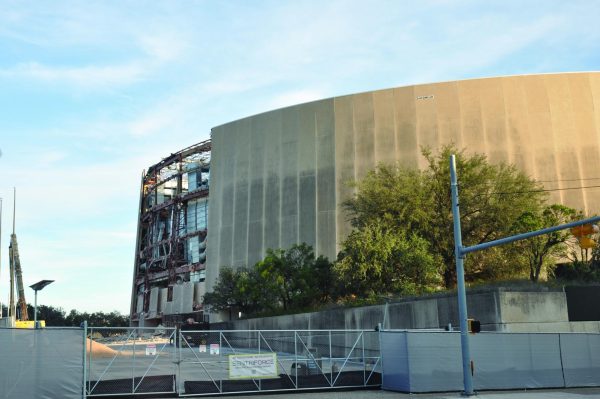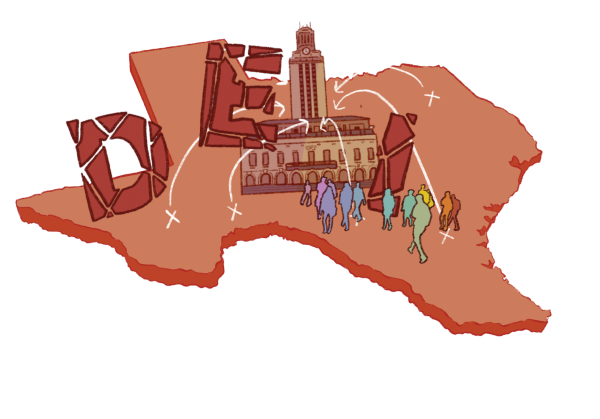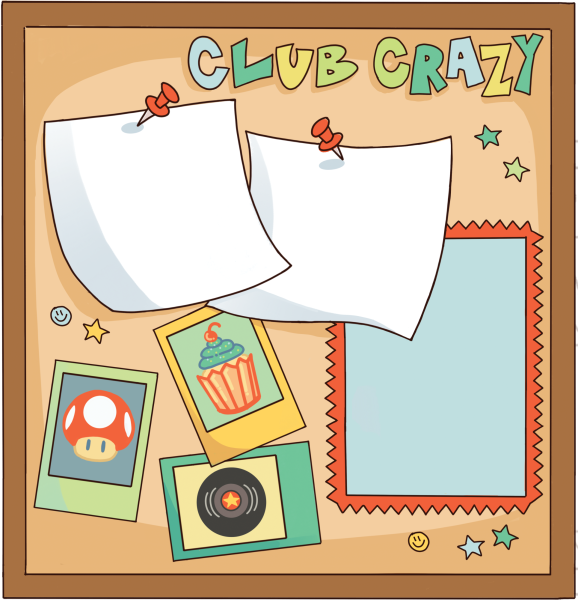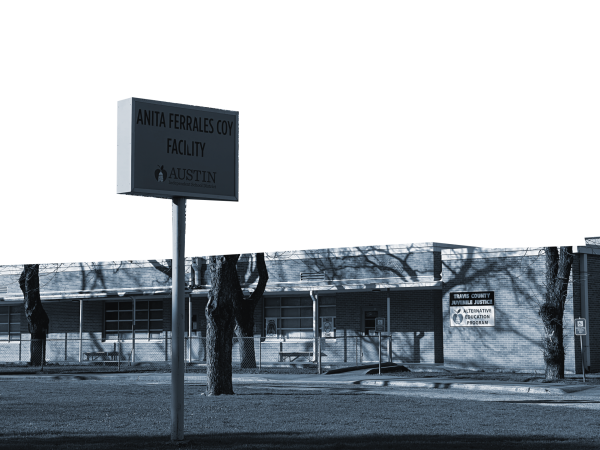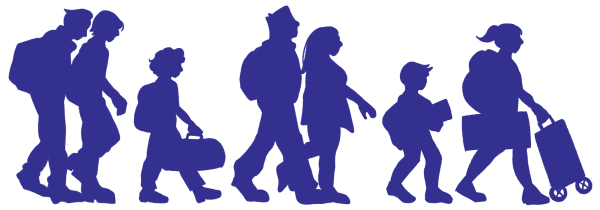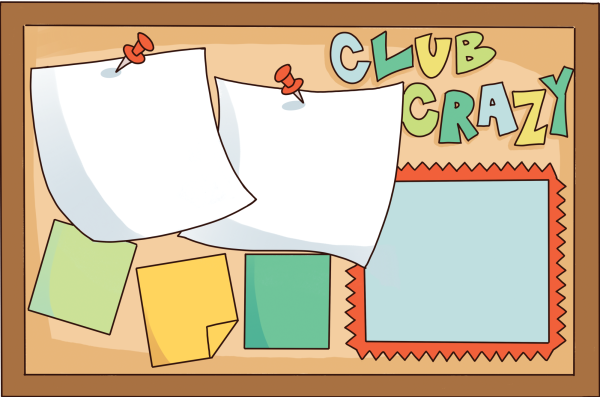Nonprofit Spotlight
April 14, 2021
Austin Bat Cave
Austin Bat Cave is a nonprofit that focuses on hosting writing workshops for kids and teenagers. According to program director Heather Jones, the workshops cover fiction, poetry, screenwriting and comic book writing.
“We also do a lot of subgenres like post-apocalyptic fiction or horror writing,” Jones said. “We also teach different types of academic and professional writing, so we do college essays, like scholarship essays, and then we also provide workshops on resumes and cover letters.”
Every year, Austin Bat Cave also publishes an anthology, which is a collection of pieces students have written throughout the year during workshops. Program associate Xotchitl Gonzalez said that throughout the year, students are also able to bond with volunteers during workshops as they learn how to express their creativity.
“I really like that we focus on relationship-building with our students to make sure that they feel safe to be creative with us, and I really like the relationship that volunteers are able to build with our students too,” Gonzalez said. “I think a lot of them feel really touched by that experience even with our one day workshops, and even more so when they’re longer..”
Gonzalez also likes that Austin Bat Cave lets the community they are working in dictate how help might best be used. Although based in the Austin area, Austin Bat Cave has been able to reach out to more places since the start of the COVID-19 pandemic, according to Jones.
“Ever since the pandemic started, all of our workshops have been on Zoom,” Jones said. “Which, of course, is very different, but it’s also created more accessibility in some ways because students who don’t live in central Austin or who either wanted to join from other parts of the country or even other countries, have been able to join..”
Other changes have had to be made too, including an introduction of new online resources, according to Jones. According to Gonzalez, the Batmobile is a bus that looks like an underwater cave that the Austin Bat Cave used before the pandemic prevented close gatherings.
“Our regional program manager, Leticia, has been using the Batmobile to feature student writing read by local authors and musicians and creatives in Austin,” Gonzalez said. “So [the pandemic has] been a really cool opportunity for us to rethink how our programs work.”
Austin Park Foundation
Austin Park Foundation (APF) was founded in 1992 to increase access to parks for Austin citizens and improve current parkland through raising money and organizing volunteer projects.
Apart from improving parks and raising money, APF also sets out to preserve Austin parks, according to chief strategy officer Allison Watkins. Safe and accessible parks are a right for every citizen, Watkins said.
“We believe access to free recreation will make our city healthy and vibrant for years to come,” Watkins said. “We believe that citizens should be able to actively come together to create parks that reflect their unique neighborhood culture and serve the diverse needs of Austinites.”
APF doesn’t work toward its mission alone, according to CEO Colin Wallis. Through partnerships with other nonprofits and organizations, Wallis said APF is able to help others in their united goal of improving parks.
“We partner with a lot of other non-profits in a variety of ways,” Wallis said. “We loan our tools to other organizations to help with volunteer projects, and we lead advocacy efforts with other organizations to better our parks.”
Wallis said his favorite part of working with APF are the fun projects they do. APF has events that they set up during which volunteers can help out with the maintenance and improvement of Austin parks. One such day is It’s My Park Day (IMPD), which had to be changed due to the COVID-19 pandemic.
“While there were some events that we weren’t able to do in 2020, like our Movies in the Park series, we were able to host It’s My Park Day Spring the weekend before lockdown, and for our event in the fall, we were able to reimagine IMPD as a complete virtual experience,” Watkins said. “This year, we have pushed IMPD Spring to be in June to coincide with APF’s 29th anniversary, and we hope to host people both in person and virtually.
Flatwater Foundation
Flatwater Foundation provides access to therapy for people who have recently been diagnosed with cancer and their friends and family members.
According to founder and executive director Mark Garza, Flatwater Foundation’s name comes from the feelings large bodies of calm water bring and wanting to help families find that sense of calmness. He said he founded Flatwater after his own struggle with finding therapy after his father’s diagnosis.
“After taking my own journey to try to find a counselor and seeing how difficult it was, I set out on my mission to make sure other people did not have to go through the same struggle I did,” Garza said. “We decided to set up a process by which those touched by a cancer diagnosis that don’t have the financial means to access therapy can get the care they deserve.”
One of the ways Flatwater Foundation raises money to help those looking for therapy access is through a paddleboarding event called Dam That Cancer, Garza said. According to chairman of the board David Saenz, he first became involved with Flatwater Foundation when Dam That Cancer was the only event they held.
“The first challenge six years ago, stand up paddleboarding (SUP) 11 City Tour in the Netherlands, was a game-changer,” Saenz said. “We paddled approximately 26 miles for five straight days. Training and participating and completing the New York and Berlin Marathons was also invigorating.”
In the summer of 2019, Flatwater took their challenge series to Iceland, and raised $202,000 over the course of the five day trip. In the future, Flatwater Foundation hopes to incorporate more technology into their mission, Garza said.
“One example would be creating automated on-boarding processes that enable our database of approved therapists in our network to be vetted, approved and added in a quicker manner,” Garza said. “Additionally, we can use tech to get more data on the efficacy of our services and to take surveys anonymously to see how those in care feel about their therapy. By automating program activities, we can be sure that more and more dollars are going directly to the mission, covering therapy costs and freeing up resources to grow our impact.”

